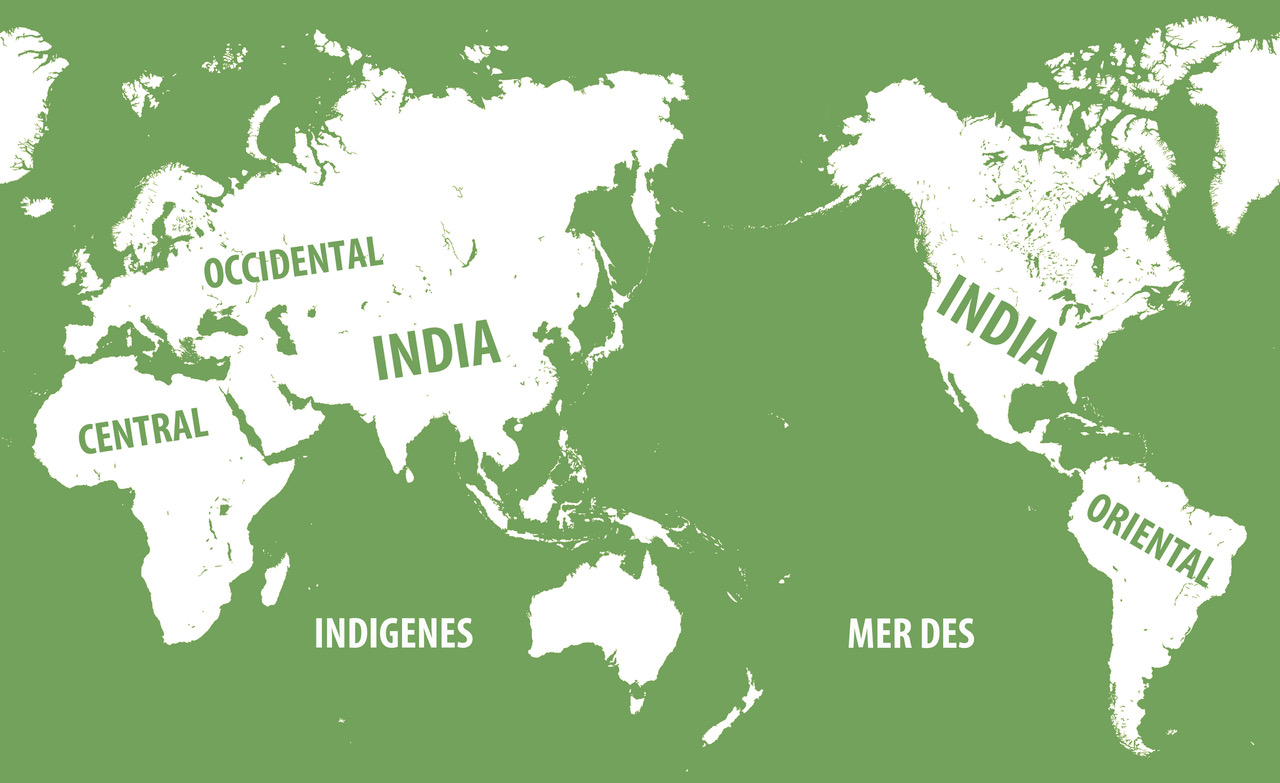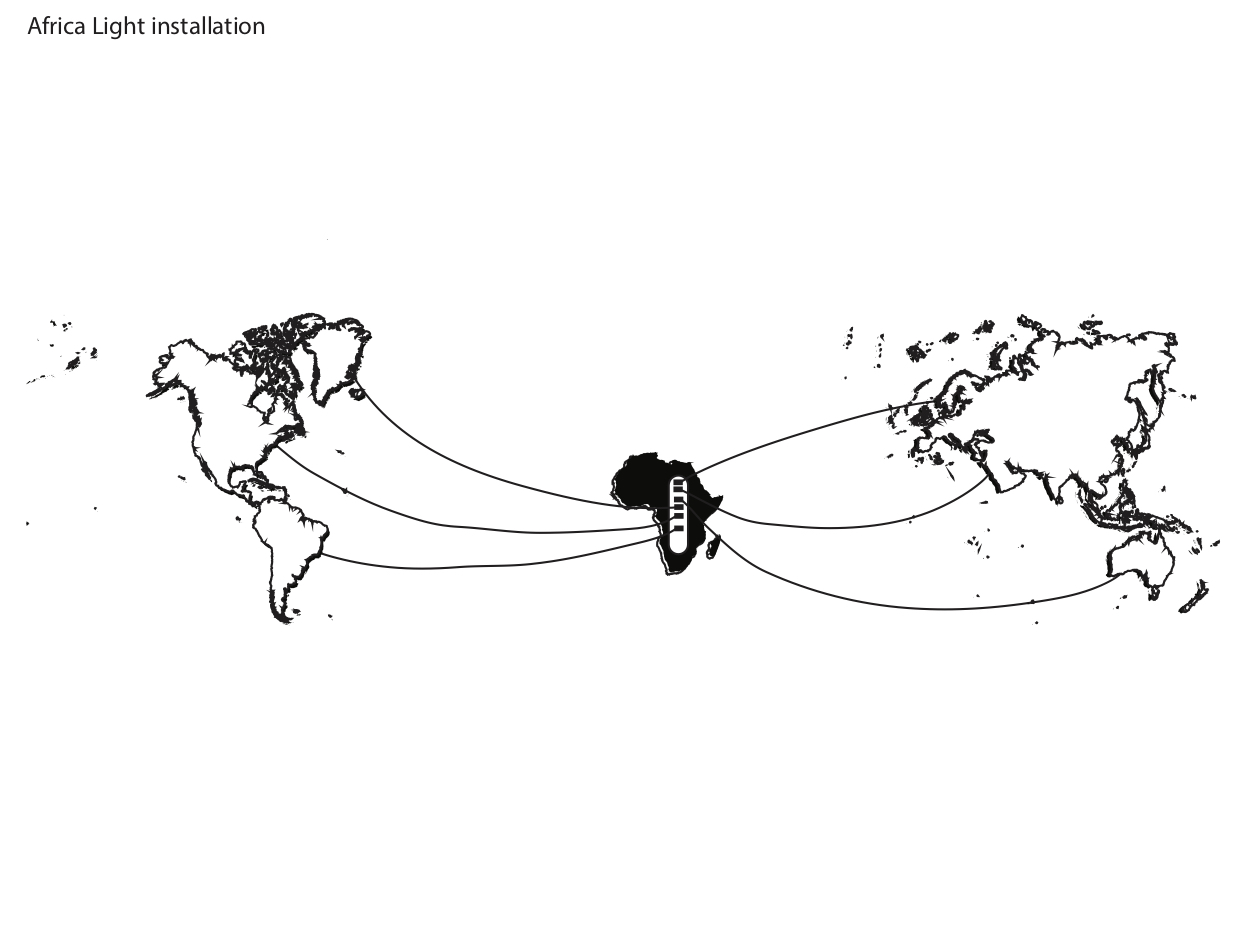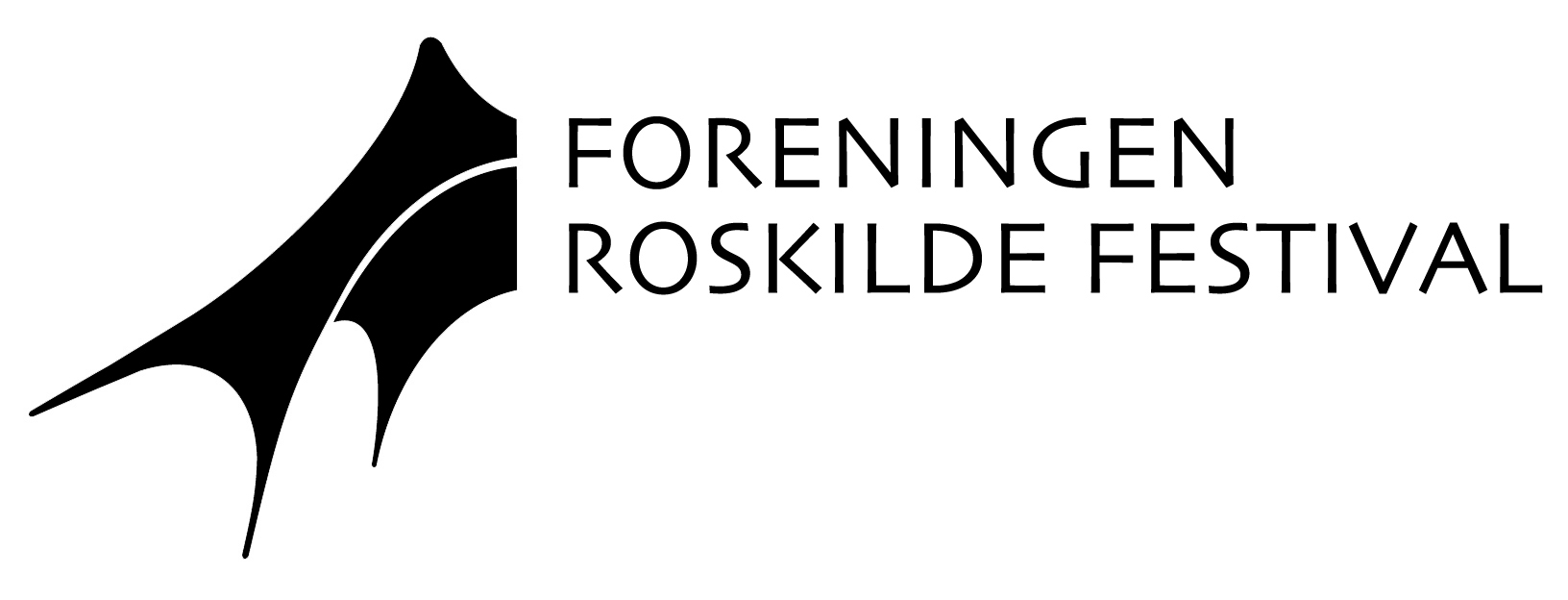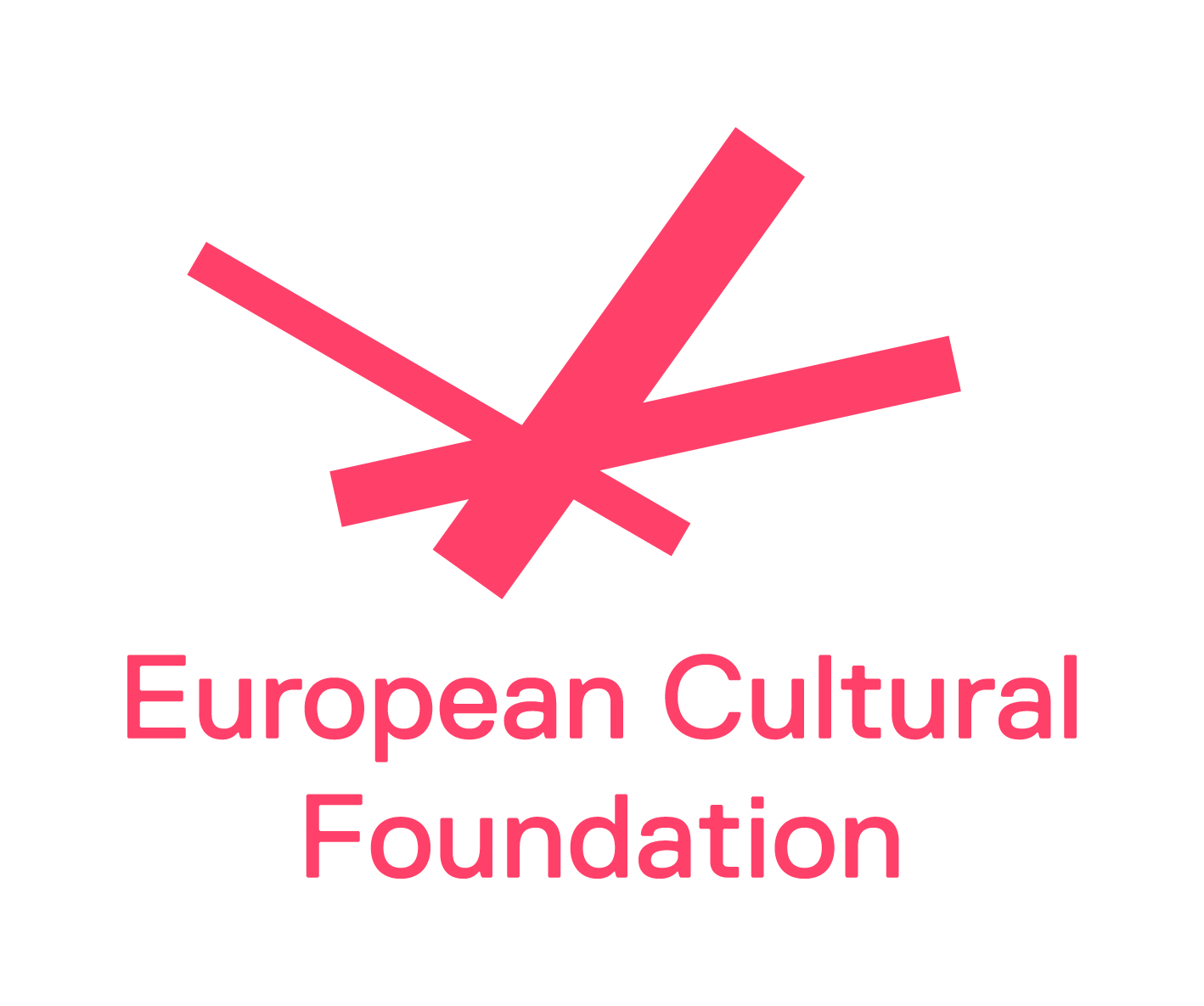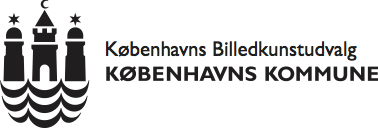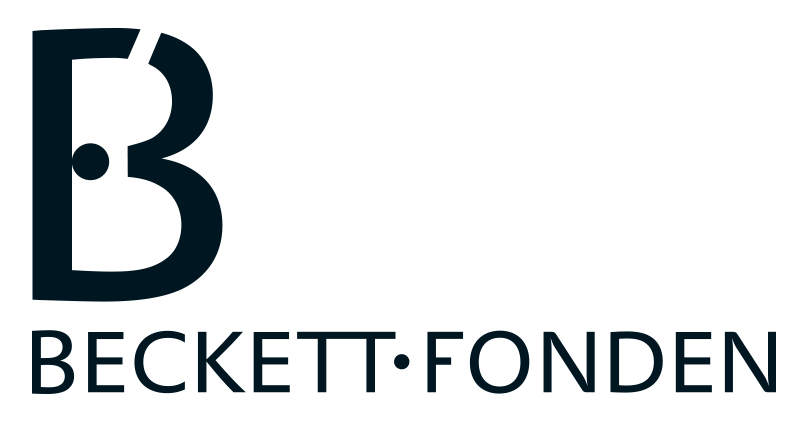Intro
Decolonizing Appearance is a large group exhibition curated by visual culture theorist Nicholas Mirzoeff from New York University.
Decolonizing Appearance is the work of asking questions. What does decolonizing look like? How do the colonized and the colonizer appear to each other? How can the colonized have the right to look, the right to be seen – in short, the right to appear? Decolonization is not a metaphor. It is not a matter for art alone. The work on the walls in this exhibition resonates with conversations in the space, in the Trampoline House refugee justice community center where it is housed, in Copenhagen and beyond.
Jeannette Ehlers, The Gaze (2018). HD 2 channel video projection with sound. Courtesy of the artist
As nationalism, racism, and xenophobia claim to be the 'common sense' of the global now, it is vital to continue to imagine other presents and possible futures. And to live in them. What would happen when appearance is decolonized? To whom can we appear? By what means? Who is that 'we'? What has to happen for decolonizing to take place where you live?
Dread Scott, I Am Not a Man, performance still 68 (2009). Pigment print, 89 x 122 cm. Courtesy of the artist
Exhibition
Decolonizing Appearance brings together collectives and individuals working on these questions in different ways in photography, video, installation, and text. The work addresses issues from Gaza to the Caribbean, Africa, the United States, and Denmark. It is not just something to see, it is something to do, from painting murals and making banners to decolonizing assemblies and workshops.
MTL+ action at the Brooklyn Museum, New York, April 29, 2018. Courtesy of MTL Collective
In Decolonizing Appearance, solidarity is a verb and a question: what does solidarity look like? Direct action is a work of art. Militant research is the creation of a new perception – decolonized appearance. It is the making of worlds where no one is illegal, where Black and Brown lives matter, where no one has to use #metoo. In short, where each and every person is fully human, without preconditions and without hierarchy.
John Akomfrah, The Utopian Palimpsest (2016). 6 x C-type prints mounted on dibond 43.2 x 63.5 cm each frame. © Smoking Dogs Films; Courtesy Lisson Gallery. Photography Mads Holm
The work in this exhibition helps us to learn what that might mean, whether it is Forensic Architecture showing us how to use social media to understand history; John Akomfrah giving material form to the tabula rasa of decolonizing in his The Utopian Palimpsest; Jeannette Ehlers confronting us with structural issues of coloniality, racialization, and migration; or Carl Pope’s letterpress posters on the meaning of Black and blackness. With so much more: Khalid Albaih networking Africa, while Pedro Lasch maps the global indigenous; Jane Jin Kaisen visualizing intersectional lives; Abdul Dube and Dread Scott question who can claim to be human; and Marronage and MTL Collective engage us with decolonial organizing and the Decolonizing Assembly.
Abdul Dube, The only title I want is... human (2011/2018). Silk screen poster, A2. Courtesy of the artist
Contributors
Exhibition and events /
John Akomfrah
Khalid Albaih
Gurminder K. Bhambra
Abdul Dube
Sonya Dyer
Jeannette Ehlers
Forensic Architecture
Ghetto Fitness
Jane Jin Kaisen
Pedro Lasch
Marronage
MTL Collective
Carl Pope
Dread Scott
Catalog /
Gurminder K. Bhambra
Marronage
Nicholas Mirzoeff
Carl Pope, The Bad Air Smelled of Roses (2004-). Letterpress Broadsides. Courtesy of the artist
About the curator
Nicholas Mirzoeff is a writer and visual activist. He is Professor of Media, Culture and Communication at New York University (NYU). Among his many books, How To See The World (2015) has been translated into ten languages and The Appearance of Black Lives Matter (2017) was published as a limited edition collaborative project with the artist Carl Pope (2018). A frequent blogger and writer, his work has appeared in The New York Times, The Guardian, Time, and The New Republic. He grew up in London and now lives in New York City.
Jane Jin Kaisen, The Andersons (2015). Color photograph, framed, 93,3 x 142 cm. Courtesy of the artist
Press contact /
Head of Communication and Education Yannick Harrison, communication@campcph.org, (+45) 30 96 59 94 (cell), (+45) 72 14 07 66 (main)
Pedro Lasch, Global Indianization / Indianización Global (2009/2018). Map, dimensions variable. Courtesy of the artist
Forensic Architecture, The Killing of Nadeem Nawara and Mohammad Abu Daher, Beitunia, Palestine, Nakba Day: 15 May 2014 (2015). Video, 14:46 min. Courtesy of Forensic Architecture
Events & Education Program
Opening party /
Friday, September 21, 2018, 6 pm–12 am @ CAMP and Trampoline House
Join us for the opening party and hear guest curator Nicholas Mirzoeff talk about his ideas behind the exhibition. There will also be artist talks by Copenhagen-based artists Khalid Albaih, Abdul Dube, and Jeannette Ehlers, who have contributed to the exhibition. The evening is concluded with community dinner in Trampoline House and a dance party. Click here to see the program.
Khalid Albaih, Africa Light (2018). Mixed media light installation, dimensions variable. Courtesy of the artist
Event / Decolonizing Assembly
Sunday, September 23, 2018, 1–5 pm @ CAMP and Trampoline House
The Decolonizing Assembly is an assembly led by MTL Collective. The event will focus on what would be the framework for thinking through decolonization for the Trampoline House and CAMP spaces and its goers. MTL Collective will begin the conversation not with answers but the possibility of asking better questions as we gather together.
The assembly also features a keynote by Professor of Postcolonial and Decolonial Studies, Gurminder K. Bhambra, who contributes with her paper “Decolonizing Appearance: Migration to Europe in the Context of Migration from Europe.” The event concludes with the happening We Are Here – Marronage Is Resistance by the decolonial feminist collective Marronage, who invites the audience to join them for a collective reading of Marronage's manifesto. Together, we will celebrate the past, present, and future acts of resistance. Click here to see the program.
Marronage intervention at SMK – National Gallery of Denmark, May 5, 2017, during SMK Friday: Unfinished Histories. Courtesy of the collective
Event on Culture Night / The Politics of Migrant Images
Friday, October 12, 2018, 6 pm–12 am @ CAMP and Trampoline House
Would we have a different asylum and integration policy in Denmark if we had different representations of refugees and immigrants? How can we produce new images capable of creating community between new and old citizens?
Trampoline House and its exhibition space CAMP / Center for Art on Migration Politics invite you to a Culture Night with soup kitchen, international art exhibition, and a debate on The Politics of Migrant Images with Danish-based Rushy Rashid (debater and radio host), Khaterah Parwani (lawyer and debater), Natasha Al-Hariri (lawyer and debater), Tarek Ziad Hussein (law student, author, and debater), Farhiya Khalid (journalist and historian), Nermin Durakovic (visual artist), Yannick Harrison (researcher, editor, and political economist), and more. Click here to see the program.
Event / Another World is Possible: poetry, performance and practice
Sunday, December 2, 2018, 1–5 pm @ CAMP and Trampoline House
Join us for this event that marks the closing of Decolonizing Appearance. Under the heading Another World is Possible: poetry, performance and practice, the event brings together a group of cultural practitioners, who in different ways imagine other presents and possible futures through decolonial practice and aesthetics.
Sonya Dyer, Forward (2018). Digital image. Image courtesy of the artist
Guest curator of Decolonizing Appearance, Nicholas Mirzoeff, opens the event by unpacking these questions in his talk “Decolonizing the Space of Appearance.” London-based artist Sonya Dyer will then present her new performance Forward, which contemplates how the abjected body can claim autonomy across the Mediterranean or across the galaxy.
After the lunch break, hosts of the radio program Ghetto Fitness, Kian and MJ, who give a voice to residents in the so-called ghettos in Denmark that we often hear about but rarely hear from, will take audiences through their street training program, messing with our notions of the ‘well-integrated’ and ‘poorly-integrated’ immigrant. The event is concluded with the workshop “Naturalizations: Facial Politics and Decolonial Aesthetics” by artist and Duke professor Pedro Lasch. The workshop, which takes its starting point in the painted mural Global Indianization / Indianización Global that forms Lasch contributing to the exhibition, explores the epic growth of cultural and political power accomplished by the very populations who have been accurately and mistakenly defined by the idea of the ‘Indian’ and the ‘Indigenous.’ Click here to see the program.
Ghetto Fitness aka Kian and MJ. Photo: Radio24sy
Guided tours /
Saturdays, 3–4 pm, from Sept. 21 – Dec. 15, 2018 (last Saturday of the month closed) @ CAMP
Every Saturday, CAMP invites you to a free guided tour in Decolonizing Appearance. The tours are conducted by graduates from CAMP’s art gallery guide program for refugees and asylum seekers in collaboration with CAMP education interns. The tours are conducted in English. Admission DKK 40/€ 5/$ 5. Free admission to people in the asylum system. For dates, see the special events calendar.
Exhibition catalog /
The exhibition is accompanied by a printed exhibition catalog that can be purchased in CAMP or downloaded here from Sept. 15. In addition to introductions to the works and projects in the exhibition, the catalog contains essays by Nicholas Mirzoeff, Gurminder K. Bhambra, and Marronage.
CAMP focus! 2018–2020 / State of Integration: Artistic analyses of the challenges of coexistence
Decolonizing Appearance is the first exhibition in CAMP’s new 2-year focus! exhibition program State of Integration: Artistic analyses of the challenges of coexistence, in which some of the most visionary curators and artists of today will examine why immigration poses such a major challenge to the West, and how refugees, immigrants, and diaspora populations experience demands of integration or assimilation into the majority culture.









